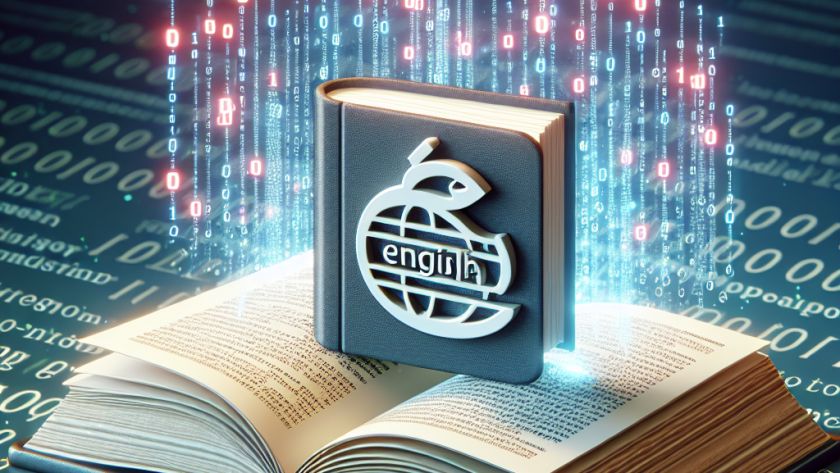Large language models (LLMs) have significantly advanced code generation, but they develop code in a linear fashion without access to a feedback loop that allows for corrections based on the previous outputs. This creates challenges in correcting mistakes or suggesting edits. Now, researchers at the University of California, Berkeley, have developed a new approach using…










